By Jamie Azar
Published on January 17, 2019
I-5 South – Exit 81 Camino Capistrano – 1:15 AM
I reach down to fiddle with the stereo knob until it reaches an appropriate level of static. Leaning against the wheel, I feel my battered but faithful little white truck hugging a curve in the freeway. At the top of the curve, the static turns into pop rock. I love that I’ve learned where on the 5 this station picks up. Growing up, this was my favorite radio station. It’s folded into the batter of all that was very best about being sixteen. Threaded through a first kiss, warm grass, ditching class to hang with the surf bums, and summers that stretched cat-like with possibility.
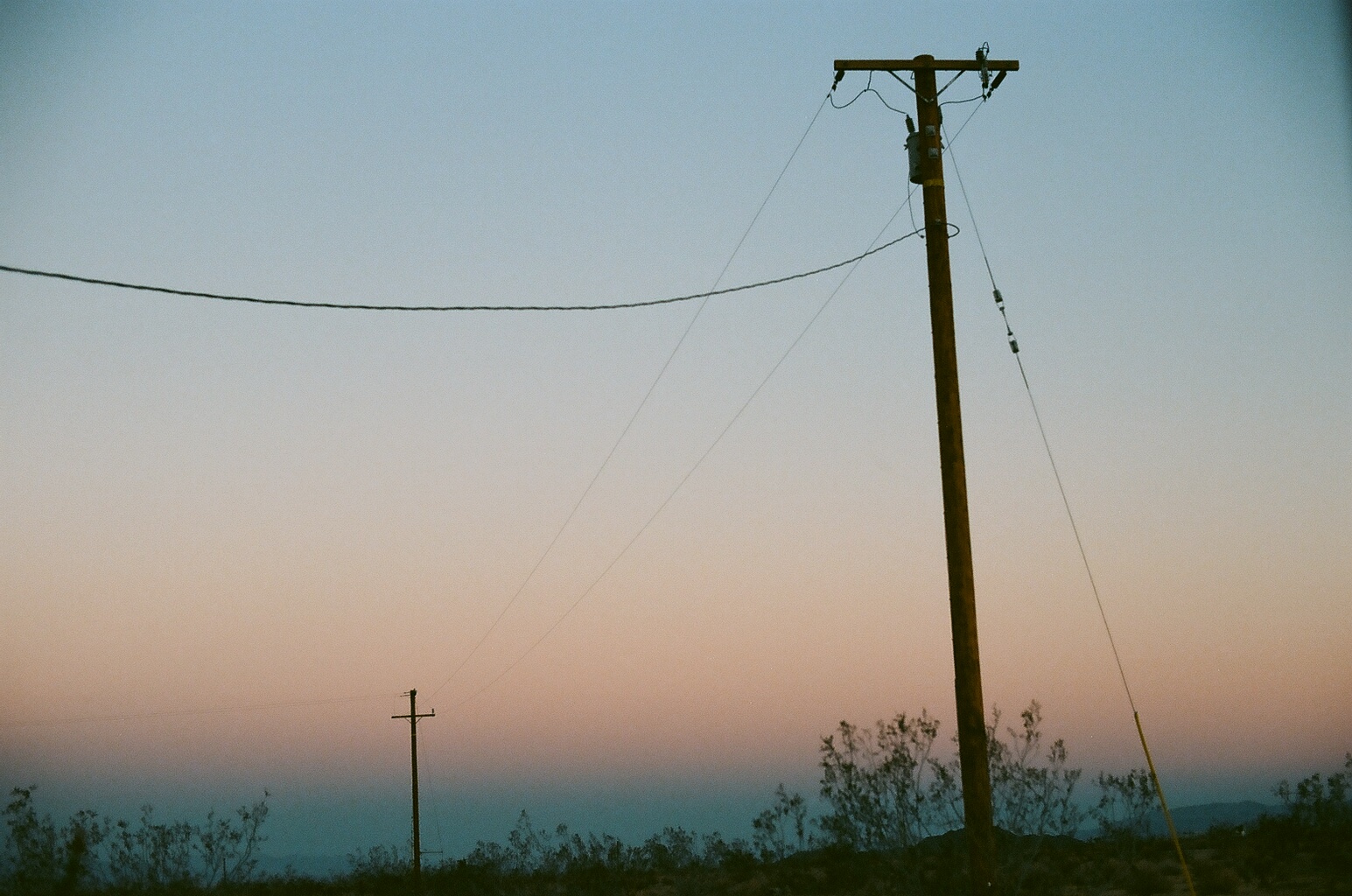
The moon is following me tonight too. Have you ever noticed that? How the moon sometimes will race to keep up with you if you look out the window? She’s with me tonight in all her bigness and brightness and magic. My heart swells. The moon always does that to me. She’s right there with me.
Exit 36 Via De La Valle – 2:00 AM
It’s a lie, though. She only looks so near because she is so far. The distance between the moon and my moving car is so great that my visual system can’t establish an angle, a reference point. My eyes can’t determine distance without that. That’s why the moon follows me. All of this makes no difference to the moon. The thought makes me bitter. I pull into the driveway and park.
Feeling violated by this seemingly innocuous fun little scientific fact, I rifle through the backseat. Twix wrappers, socks, dirty socks, pair of shoes, more clothes, pillow, water bottles, questionable paper bag, blanket, and all the other artifacts that gather after living part-time in a car. Finally, I find the bag of groceries. Slinging them under one arm and my overnight bag under the other, I make my way inside towards a faint glow coming from the kitchen. My Dad crouches over the counter. He’s busy with a paper and pistachios. Shells cover the surface in front of him. Mom didn’t let him eat pistachios because he’s allergic.
“How was the drive?” he asks as I plop my bags down.
“Fine. It’s usually pretty quick if I leave after 11,” I reply.
“Good. So, I have a meeting at 10 tomorrow. Physical therapist and speech therapist came today. I got her changed but she wouldn’t let me give her a bath. Your brother’s teacher called again. They rescheduled the parent-teacher appointment to Tuesday,” he says.
“I can’t do Tuesday. I have a test.” I’ve told him this before.
“Tell your class you need to take the test on a different day. I need you there for your brother right now. You’re his big sister. He’s struggling a lot more than you. That whole business with the cops and the druggie friends…”
Pistachios crack.
“Listen, you know I can’t do everything. I still have to work, and I can’t do everything,” he says gently and not at all gently. I can hear the anxiety and feel his weariness. There is an edge of desperation in his voice. He’s getting worse at hiding it.
“I know. You’re right, I can… work it out with school. I’ll figure it out,” I tell him with a practiced reassuring countenance.
Pistachios crack.
“You have to get to bed if you have a meeting. I’ll drop him off at school early and be back before you leave ok? Maybe we can get her washed together.” I start unpacking, pulling out food, and making my little brother’s lunch.
Dad puts his paper down and starts making his way out of the kitchen. He places a hand on my shoulder as he passes and leaves it there for a while. Then he shuffles off to bed. I pull out the trash can and in one sweeping motion clear the empty shells off the counter.
The next two days are hard. The usual dance of care work, laundry, errands, cooking, bathing, physical therapy, little sleep, and cleaning. Mom didn’t know me the first day. It happens sometimes. It always makes her angrier and more difficult. Little brother ditched class adding another parent-teacher meeting. I got a final warning from my boss at a part-time job. I withdrew from classes for the semester again. I decided I’m not going to go back to school at all. There is no time or space for that.
I-5 North – Oceanside Blvd. – 12:58 PM
Stereo up. Way up.
The music is always hard, dark, and loud. Tool’s Lateralus has become a best friend. It’s not just the music, but the road I’m on that makes feeling possible. This is where I feel the anger of being powerless to change the place I’m driving away from. This is where I get anxious about not having a home to drive to. I feel through the car a road between what I’ve lost and what I still have.
CHP CHECKPOINT
The music and scream-singing bring me back to my body, my body in my car, my auto-self; the construction that allows me to perform the needed care for my family. This co-construction allows me to move intimately, easily, and frequently on I-5. Approaching the checkpoint, I slow my little Frontier with the rest of the drivers. Ahead is a familiar stoic figure in uniform, standing a little too widely, and just a little overweight. The Highway Patrol officer is a gatekeeper, waving with alternate hands to the right and left. I’ve never interrupted my enthusiastic chorus of “Schism” here. White, documented, woman, I have never had to. I always get waved through.
I-5 North – Exit 72 Cristianitos Rd. – 1:32 PM
I don’t usually have time to stop on my way back up to L.A., but today I do. My truck marks my belonging, fitting right in with the many other rugged vehicles in the parking lot. We’re a clan of tough types, masculine outdoor types, and belonging here helps me feel what I constantly need to remember. I am strong. I start walking down to the water, taking my shoes off, feeling the cool ground under my toes. I am mobile, one foot in front of the other.
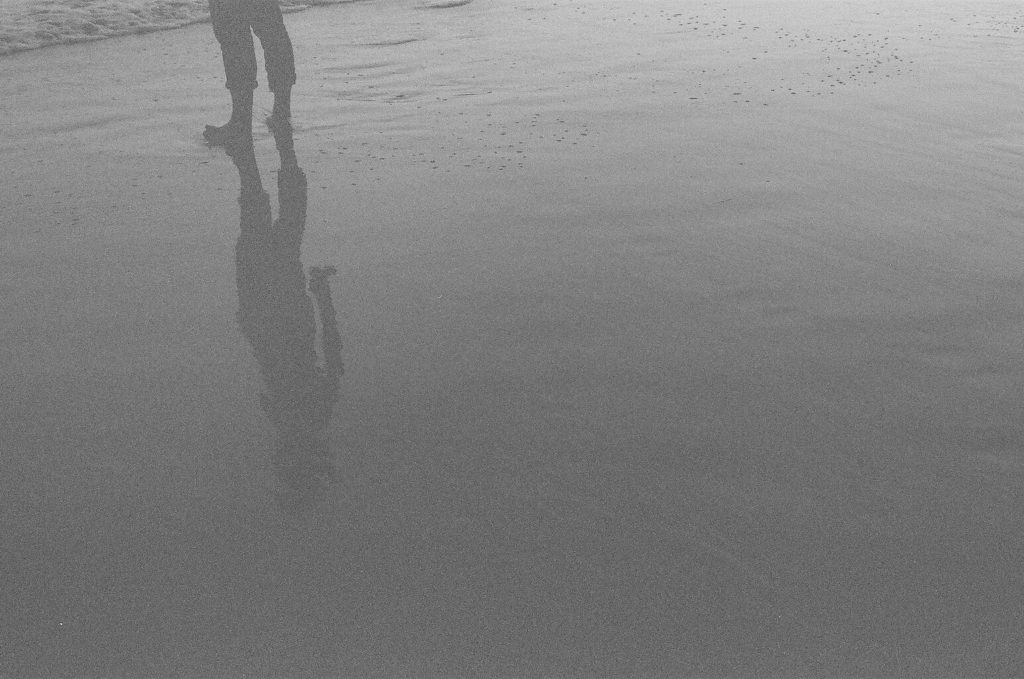
San Onofre State Beach – Trestles Wetlands
A train track bridge that feels like childhood adventure runs over San Mateo Creek. I park myself near where the lagoon spills out into the sea. It’s low tide and small but the surfers are still out. Two years ago, before her accident, I might have been out there too. I haven’t been in the water since she got hurt. It’s one aspect of my old self I don’t really miss. There are things I miss far more deeply, and they overshadow everything else. I make my way down to the water line and stand there.
Arms straight down and back a bit,
And looking down at the brown foam,
the waves are very far out,
and, I imagine, beyond them,
Albatrosses sit, mated for life,
Never asking whether the truest condition
fastens her seatbelt and keeps from flying.
Works Cited
- Bachelard, Gaston. 1969. The Poetics of Space. Boston: Beacon Press.
- Randell, Richard. 2017. “The Microsociology of Automobility the Production of the Automobile Self.” Mobilities 12 (5): 663-67.
- Sheller, Mimi. 2004. “Automotive Emotions: Feeling the Car.” Theory, Culture, & Society 21 (4-5): 221-42.
- Urry, John. 2002. “Mobility and Proximity.” Sociology 36 (2): 255-74.
***
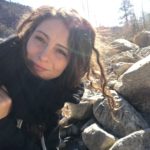
Jamie Azar is a third-year undergraduate student at UCLA. She is pursuing a degree in Gender Studies and minor in Cognitive Science. Her research interests lie at the intersections of gender, performance, and health. She has a background in film, photography, and performing. She grew up with horses and spent most of her childhood outdoors. A deep love of the natural world has carried forward into her adult life. She has a small garden that she mostly keeps alive and two cats named Lucy and Louise. She has also volunteered at a wolf sanctuary.
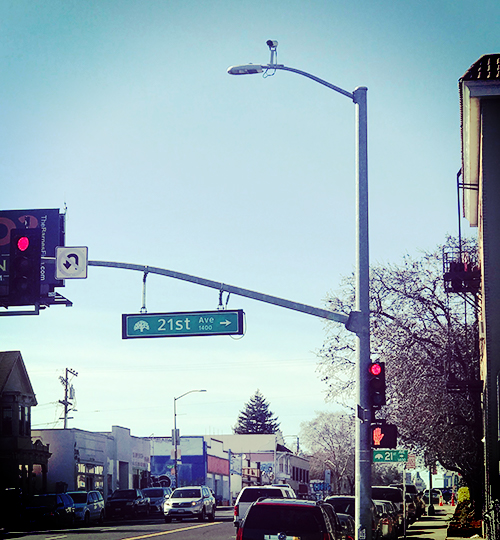
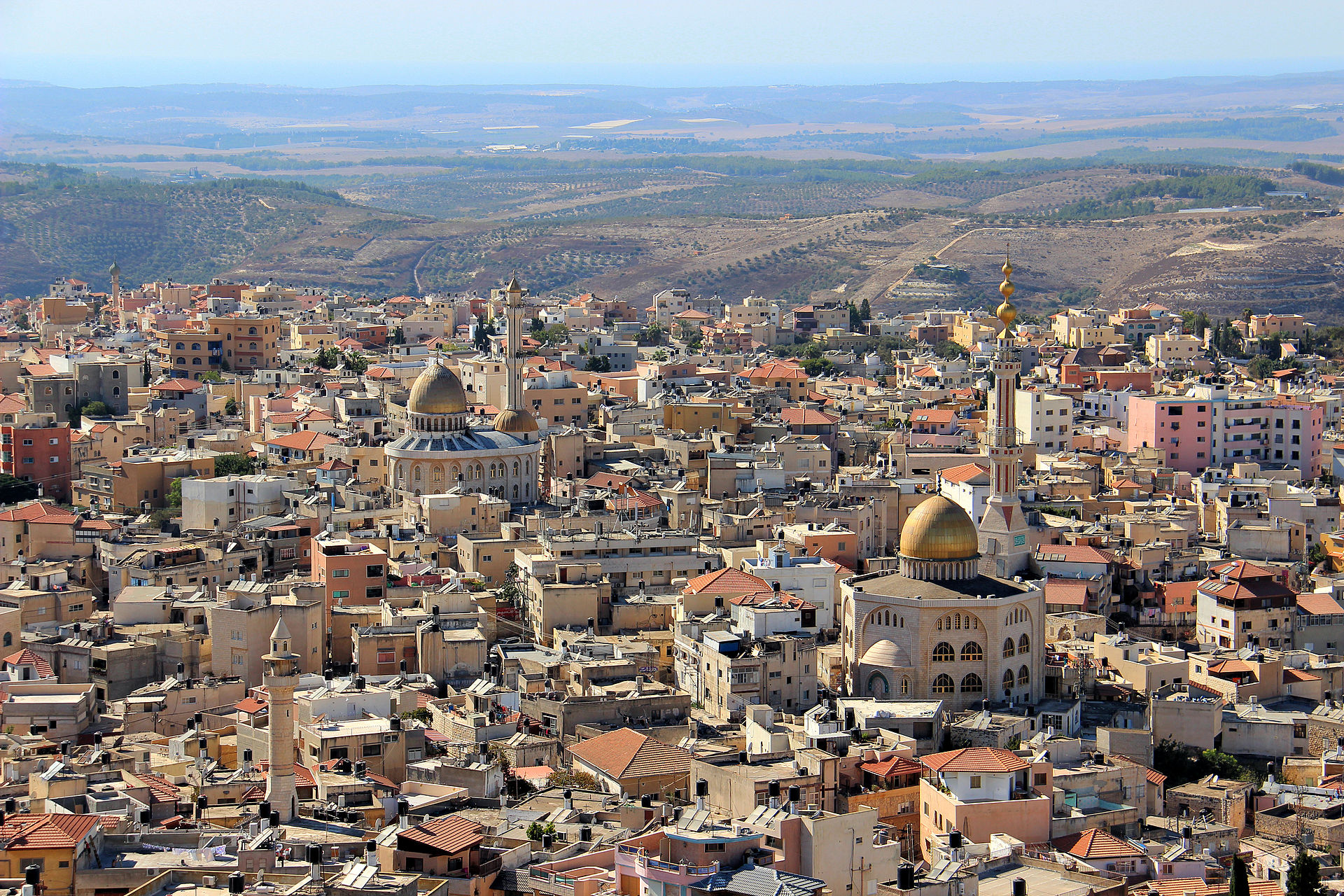
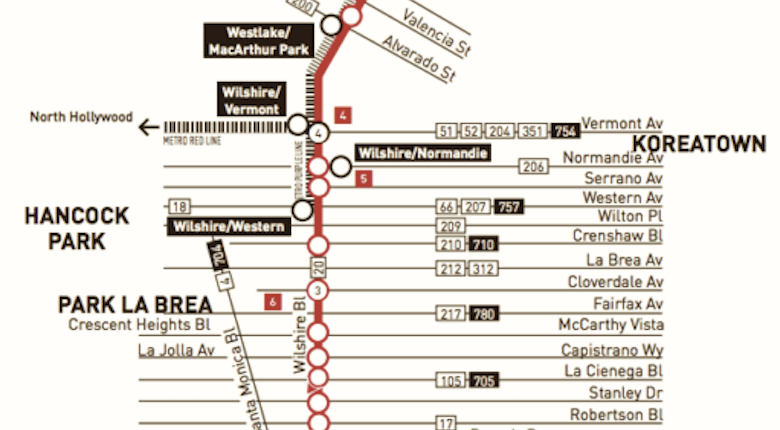
Hi Jamie!
Thank you so much for sharing your story. The writing and imagery are absolutely beautiful and I can feel your emotions through the page. It struck me how the story begins with a flow of positive emotions, while gradually turning into the pain and difficulty of reality and then closes with these feelings of reminiscence for the past, happier times and hope for strength.
I really enjoyed how you took something so simple as a drive down the I-5 and illustrated a story and personal experience behind it. Every day, millions of people drive through the interstate and the reasons for where they are going, why they are driving here, and what they are going to do vary drastically. Everyone has their own unique travel narrative, and through this, I was able to get to know yours. It reminds me that everyone is going through their own hardships in life and to have an escape, such as a moment of quiet and peace at the state beach like yours, is so incredibly important. I also really liked how you not only brought your own personal feelings into this narratives, you were able to comment on the environment and are conscious of the world around you. Your attention to the patrol officer easily letting you by due to your status as a white, documented woman was something that demonstrated how privilege works in many different ways. Yet, at home, it may mean nothing. Thank you for sharing your strength and resilience, as well as the pain from the harsh reality of life, with us.
Azar does a beautiful job in maintaining rhythm and increasing tension when necessary. I felt emotional whilst reading because I felt connected to the story. The writing is so crisp and clear that I at times felt as though I was sitting in Azar’s passenger seat watching them fix the stereo knob. It is difficult to be vulnerable and strong, yet Azar allows readers into their life and for brief moments we sit in their car and walk into their home. I am someone who spends most of my time in my car, thus I associated myself most with Azar’s description of their auto-self. Often, I travel from one place to another via car constructing a new travel narrative for myself every day. I never stop to think that my fellow car companions are doing the same exact thing. Azar brought this to my attention and I am thankful.